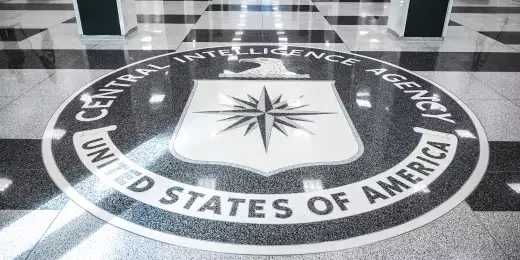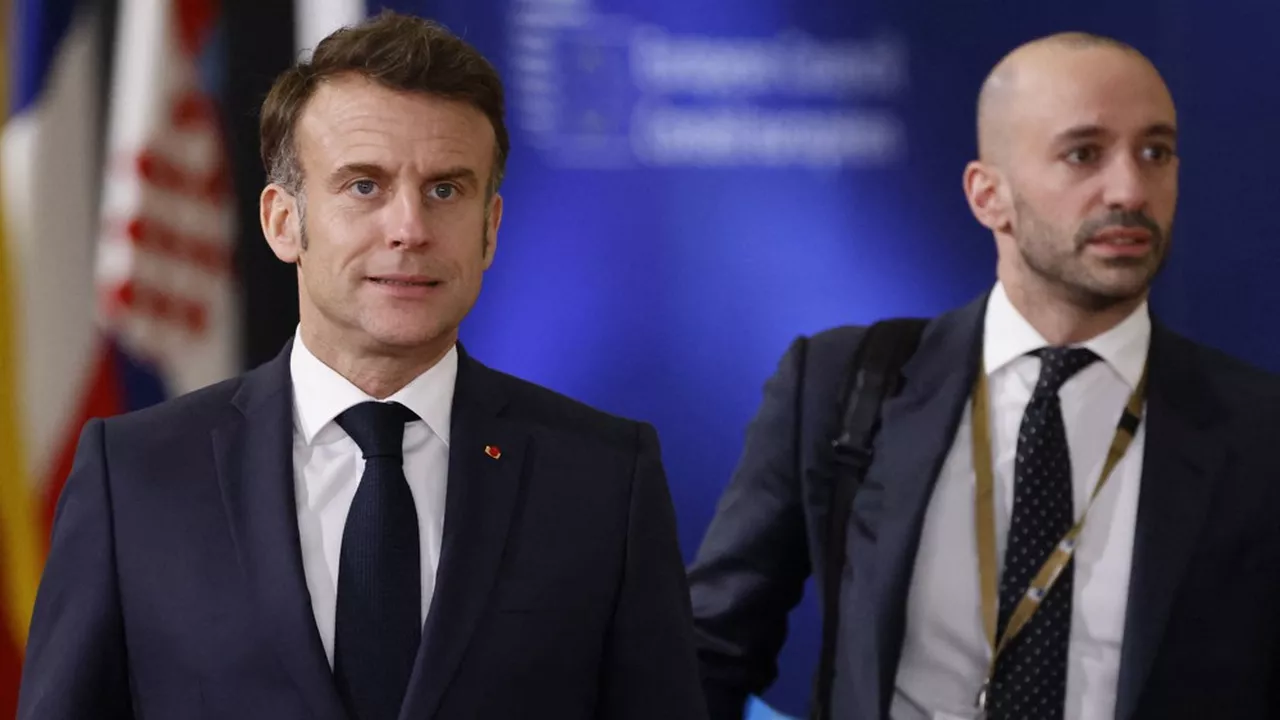CIA Internal Review Criticizes Handling of 2016 Russia Election Interference Report
A newly surfaced CIA internal review has raised concerns over how intelligence officials handled the assessment of Russia's interference in the 2016 U.S. presidential election, highlighting procedural lapses and analytical shortcuts.
A critical internal review from the Central Intelligence Agency (CIA) has surfaced, shedding new light on how the intelligence community compiled its assessment of Russian interference in the 2016 U. S. presidential election.
According to the report, obtained through congressional sources and declassified for oversight purposes, the CIA’s internal watchdog flagged multiple procedural deficiencies and raised concerns about the analytic rigor employed during the compilation of the intelligence assessment that concluded Russia sought to help Donald Trump win the presidency. The 2017 Intelligence Community Assessment (ICA), titled “Assessing Russian Activities and Intentions in Recent U. S.
Elections,” concluded with high confidence that Russian President Vladimir Putin ordered an influence campaign in 2016 aimed at undermining public faith in the U. S. democratic process and damaging Hillary Clinton’s electability.
It also stated that Russia developed a clear preference for Donald Trump. This assessment was presented to then-President Barack Obama and President-elect Donald Trump in January 2017 and has since become a cornerstone of the political and legal debates surrounding the legitimacy of the 2016 election. But the new CIA review indicates that the agency's internal processes for vetting the report may have been flawed.
### Key Findings of the CIA ReviewThe internal review, commissioned by then-CIA Director Mike Pompeo in 2018 but only recently disclosed, did not dispute the conclusions of the 2017 ICA but criticized the procedures by which those conclusions were reached. It found:- A lack of inter-agency consensus on some analytical judgments, especially between the CIA, FBI, and NSA. The NSA, for instance, assessed Russia’s intent to help Trump with only moderate confidence, compared to the high confidence of the CIA and FBI.
- Analysts relied heavily on human sources without sufficiently challenging underlying assumptions or fully considering alternative interpretations. - The analytic process was expedited under time pressure, possibly compromising review procedures and peer critique. - There were shortcomings in documenting the chain of analysis that led to final conclusions — a core principle of intelligence tradecraft.
While the review emphasized that there was no evidence of political bias in the assessment, it raised alarms about the structural vulnerabilities within the intelligence process that could lead to perceived or actual politicization. ### Politicization vs. Process FailuresPolitical partisans on both sides of the aisle have seized on the report to bolster their own narratives.
Some Republicans argue that the report validates long-standing concerns that intelligence officials rushed to judgment in an effort to delegitimize Trump’s victory. Democrats, however, have emphasized that the review did not dispute the underlying intelligence or conclude that the findings were false or politically motivated. Representative Jim Jordan (R-Ohio), chairman of the House Judiciary Committee, stated, “This confirms what we’ve suspected all along — that shortcuts were taken in an effort to spin a political narrative.
The American people deserve transparency. ”Conversely, Rep. Adam Schiff (D-California), the top Democrat on the House Intelligence Committee and a key defender of the ICA’s conclusions, argued, “The internal review confirms the integrity of the underlying intelligence.
If anything, it shows that intelligence professionals worked diligently under extreme pressure to alert the country about a serious foreign threat. ”### Former Officials RespondSeveral former intelligence leaders involved in drafting the 2017 report have defended their work. James Clapper, who served as Director of National Intelligence at the time, said in a recent interview, “The idea that we were rushing to judgment is simply not accurate.
There were daily briefings, multiple agencies involved, and rigorous discussion. Time was short, yes, but that doesn’t mean corners were cut to serve a political goal. ”John Brennan, former CIA Director, added, “Analytical confidence levels were clearly stated.
Diverging agency viewpoints were also transparently included. That’s how intelligence works. ”Both noted that the assessment underwent review by multiple agency heads and was approved by a cross-agency consensus, even with varying degrees of confidence on certain points.
### A Deeply Divisive LegacyThe Russia election interference assessment has cast a long shadow over American politics. It contributed to multiple congressional investigations, the appointment of Special Counsel Robert Mueller, and ongoing public debates over election security and foreign interference. Mueller’s report, released in 2019, concluded that Russia engaged in “sweeping and systematic” interference in the 2016 election and identified numerous contacts between Trump campaign officials and individuals with ties to the Russian government.
However, the report did not find sufficient evidence to charge a criminal conspiracy. Since then, concerns about the politicization of intelligence have only grown, with successive administrations clashing with their own agencies over controversial findings. This new CIA review reopens those tensions.
### A Call for ReformsExperts say the report underscores the need for reforms to strengthen the integrity of the intelligence process. Recommendations include:- Greater transparency in explaining how confidence levels are determined and how analytical disagreements are resolved. - Improved documentation of analytical chains and source validation.
- Structural insulation of analysts from political pressure, particularly during presidential transitions. - Enhanced inter-agency collaboration on high-stakes assessments. Dr.
Fiona Hill, a former National Security Council official and Russia expert, stated, “The CIA review doesn’t suggest the intelligence was wrong, but it highlights how critical the process is, especially when dealing with politically sensitive topics. Without strong processes, the perception of bias can be as damaging as bias itself. ”### Looking AheadThe review’s release comes amid ongoing threats of foreign interference in future elections.
With the 2024 election cycle already in motion, intelligence agencies are under renewed scrutiny to ensure that assessments about election-related threats are accurate, transparent, and credible. CIA Director William Burns has not commented on the review, but intelligence officials say they have made internal improvements to vetting procedures since 2017. New guidelines on analytic integrity and inter-agency coordination have reportedly been implemented to avoid similar criticisms in the future.
In a public statement, a senior intelligence official said, “We take the findings of the internal review seriously and are committed to upholding the highest standards of analytic tradecraft and institutional transparency. ”### Public Confidence in IntelligenceThe review has also reignited debates about public trust in the intelligence community. In an era where political narratives often shape how facts are received, maintaining confidence in nonpartisan intelligence is more vital than ever.
“Intelligence agencies are only as effective as their credibility,” said Michael Morell, former acting CIA Director. “We need a system that produces accurate intelligence and is trusted by all sides — and that means addressing even the perception of procedural failings. ”While the CIA’s internal review does not upend the broader conclusions about Russian interference, it does serve as a cautionary tale about how even the most well-intentioned assessments can be undermined by weak processes or insufficient scrutiny.
The stakes remain high, not just for historians looking back at 2016, but for safeguarding the electoral integrity of the United States in the years to come.
21st july 2025



